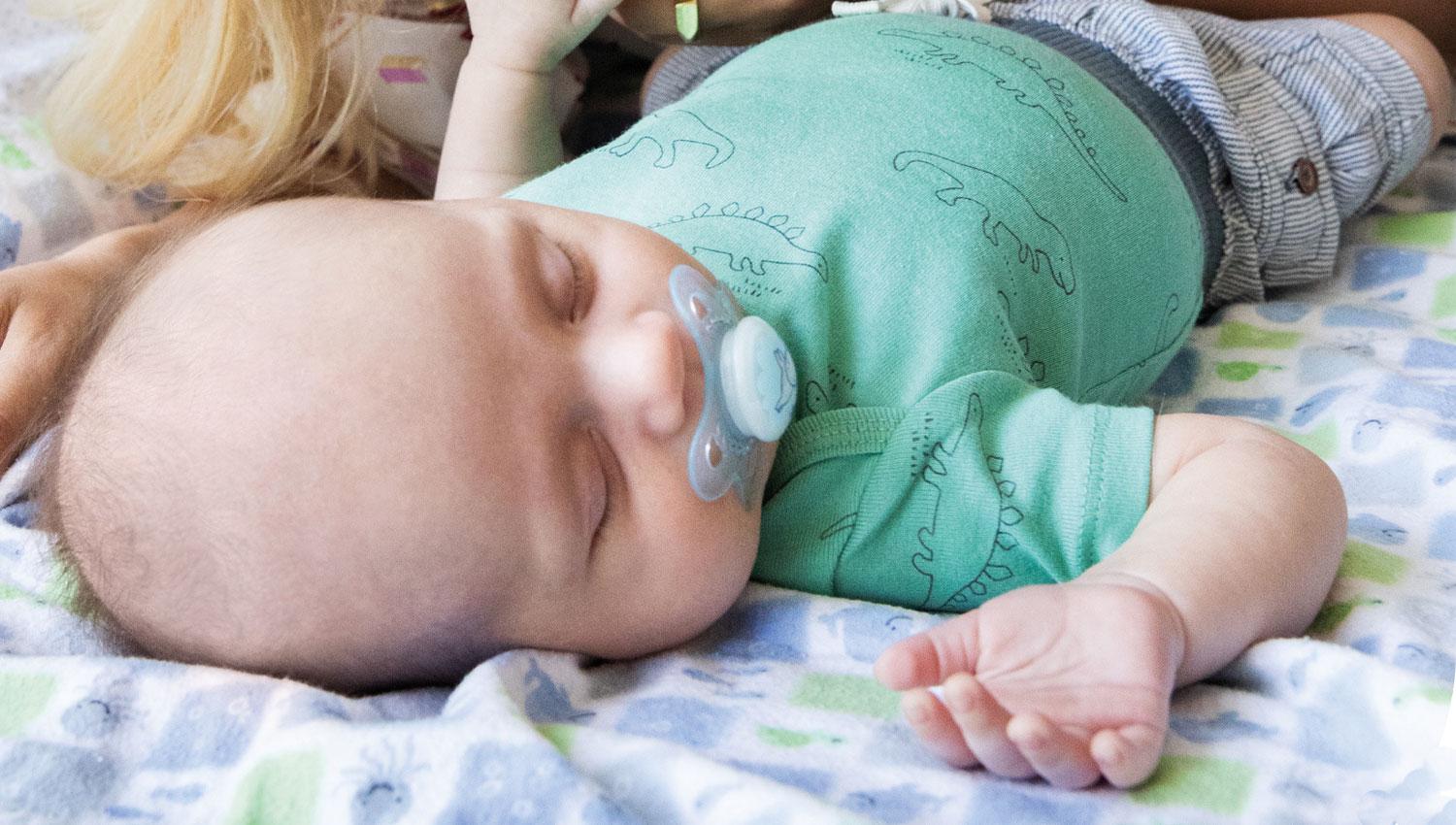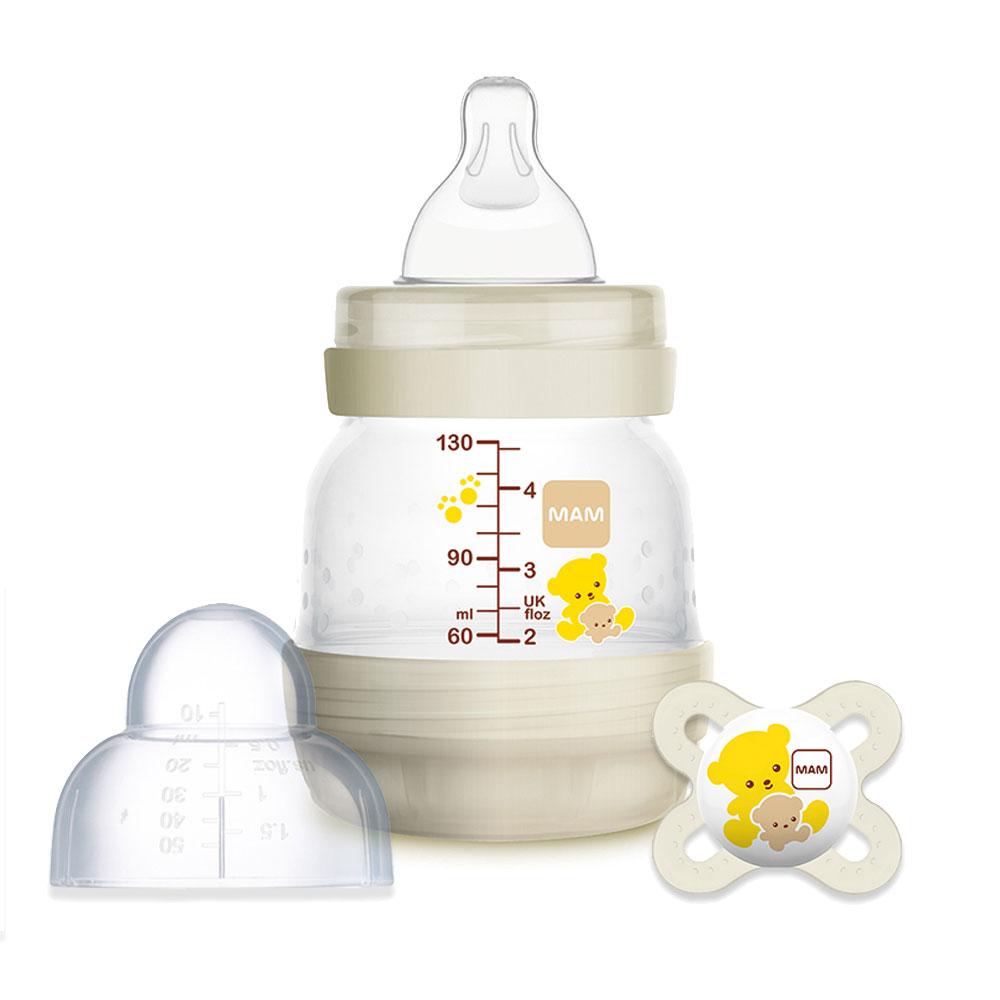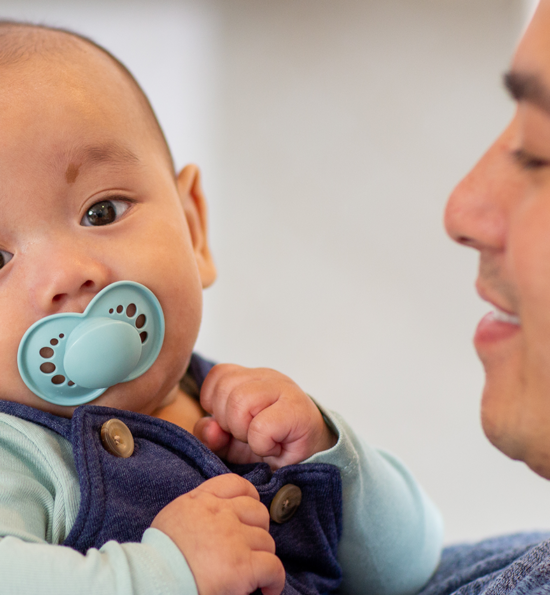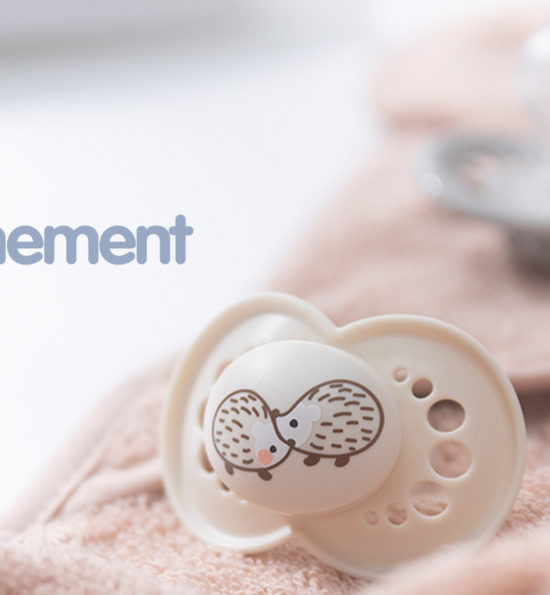Katie Hilton shares the top five mistakes
At MAM we know that getting your little one to sleep and to stay asleep can be a challenge, we’ve asked our resident Expert Midwife & Health Visitor Katie Hilton to share the top five mistakes parents make when putting their babies down to sleep.
1. High Expectations
You’re probably heard friends and family telling stories of babies who sleep through the night from eight weeks or take two-hour naps every day. Sometimes it can be difficult to understand why your baby isn’t behaving the same way.
However, it’s important to remember that all babies are different and waking during the night is both common and normal. Most babies will not be able to sleep through the night without waking for a feed until they are at least 3-4 months of age.
Remind yourself that your little one can’t tell the difference between day and night until 2-3 months old, so they’ll wake whenever they’re ready for a feed regardless.
2. Too Late
It’s easy when you’ve been working all day to delay putting your baby or toddler to bed. Maybe you just want to spend some time with your little one or are hoping that they will just pass out once they’re really tired.
Regardless of the reason it’s not a great idea to keep your child up too late. When babies become overtired they often find it much more difficult to drift off to sleep. It’s much easier to stick to your regular bedtime routine.

3. No to Motion
Remember those peaceful moments when your little one snoozes in his car seat or baby swing? While this is great and provides you with the time to take a well-deserved break and put your feet up with a cuppa, try not to fall into the trap of relying on motion to encourage your baby to fall asleep.
It’s impractical and will make things more difficult in the long run. It’s fine to use motion if your baby is really distressed or upset but try not to incorporate it as part of your bedtime routine.
4. Avoid Over-Stimulation
It’s common whilst planning for your baby to include such items as a mobile above the cot, however rotating toys, sounds and lights can be a distraction to sleep. Your baby may focus on watching them, which will keep them awake rather than teaching him about bedtime.
It is a much better plan to place your baby down to sleep in a darkened room with minimal stimulation. A white noise machine may help your baby drift off to sleep as it will muffle any other noise from the house and create a calming environment.
Lullabies and soft, gentle nursery thymes can also help to calm and relax your baby, helping them understand it’s time for sleep.

5. Keep to the Routine
With a baby, you might assume that a routine consisting of a bath, a book and a lullaby isn’t necessary. Or maybe you feel too tired some days to continue with it, however having a routine of calming activities before bedtime is important, as it prepares your little one for sleep.
You can create any routine you like for your baby. Just make sure it’s a series of relaxing steps that happen in the same order at about the same time every night. If your baby still has an evening feed, try to place this at the start of your bedtime routine, rather than at the end, so that your baby doesn’t associate feeding with sleeping. This may help them to settle themselves if they wake up during the night.

Did you know that you can get a free sample MAM Bottle and Soother? Use the code TRYMEFREEBLOG at the cart.












